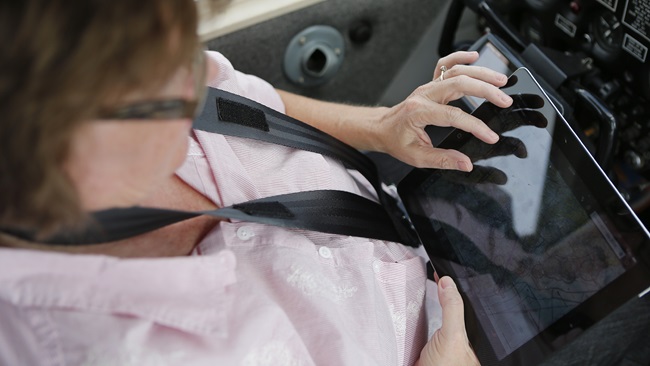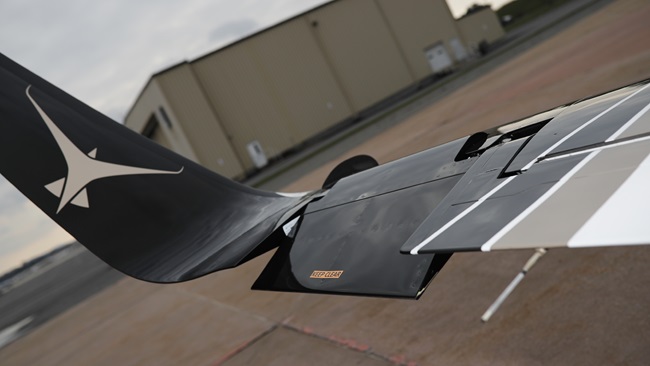Bye shifts to Safran
Bye Aerospace announced a course change in the development of its all-electric airplanes, turning to Safran Electrical and Power to propel certification prototypes and production aircraft.
CEO George Bye’s Denver-based company also reported having purchase agreements in place for 711 aircraft, including the two-seat eFlyer 2 and four-seat eFlyer 4, in a November 16 news release. The company is pursuing FAA certification of the two-seater for flight training, and the four-seat version with air taxi service in mind. Bye also announced an agreement with Safran that will put Safran’s ENGINeUS electric smart motors under the cowlings of both eFlyer variants.
“We had an important and fruitful collaboration with the Rolls-Royce team on the eFlyer 2 research and development phase, successfully achieving a number of significant technical and performance milestones on the journey towards certification,” Bye wrote in an email to AOPA. “A great deal was learned by both parties as a result of this work. Unfortunately we were unable to reach a mutual commercial proposition that would allow our demonstration program to progress to full production. We are pleased the Safran ENGINeUS electric smart motor is the motor selected for the next phase of certification and production.”
Safran’s ENGINeUS line of electric motors can be configured in a range of sizes, producing up to 500 kilowatts (670 horsepower).
Bye noted that the company expects the current list of 711 eFlyer purchase agreements will continue to grow, “and we must continue forward at a high-tempo pace to meet the demands of aviation enthusiasts worldwide who have been waiting years for all-electric airplanes to come to market.”
Bye hopes to be the first to achieve FAA certification of an electric aircraft, a development that will reduce carbon emissions from the aircraft to zero and cut hourly operating costs dramatically, projected to be about 20 percent of the hourly operating cost of legacy aircraft powered by petroleum products. The company revealed its airframe parachute selection in August, after announcing in July that venture capital investment is in place to complete the eFlyer 2 production-conforming prototype.


